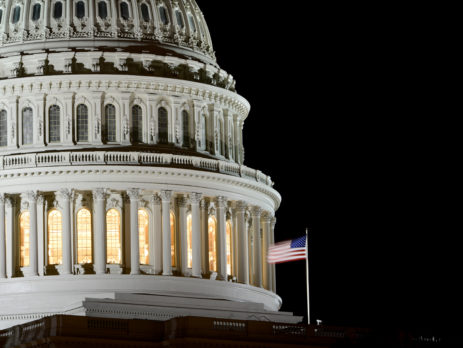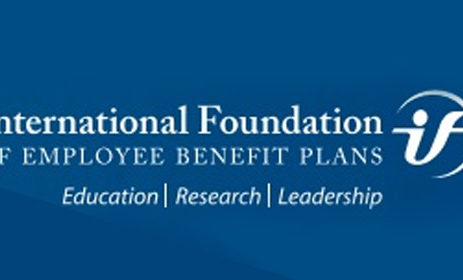Safeguard your ePHI
Post by Tony Cafferelli
On April 24th 2017, CardioNet, a wireless health services provider, agreed on a 2.5 million dollar settlement with the Department of Health and Human Services, regarding their impermissible disclosure of unsecured electronic protected health information (ePHI). HIPPA (Health Insurance Portability and Accountability Act) was passed in 1996 to safeguard ePHI. CardioNet’s impermissible disclosure came about when an employee left a laptop containing ePHI in their car overnight, where it was stolen. Subsequently, CardioNet complied with the […]










